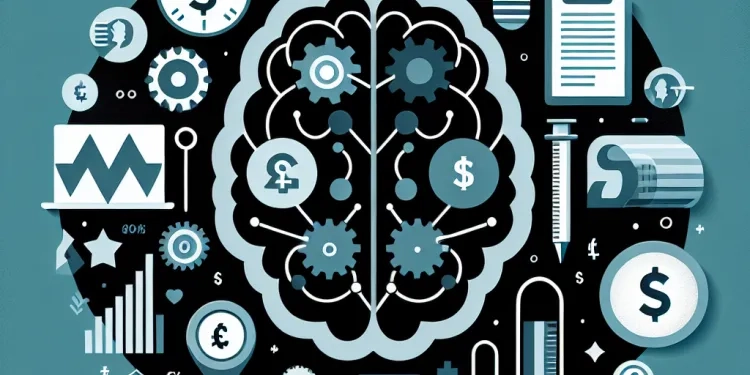
Find Help
More Items From Ergsy search
-
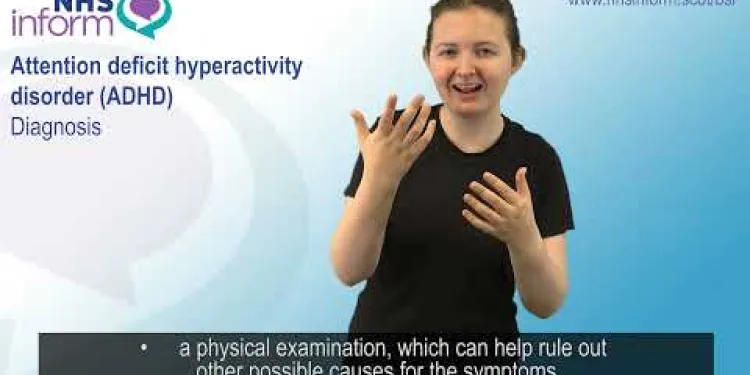
Attention deficit hyperactivity disorder (ADHD) - Diagnosis
Relevance: 100%
-

How is ADHD diagnosed?
Relevance: 81%
-
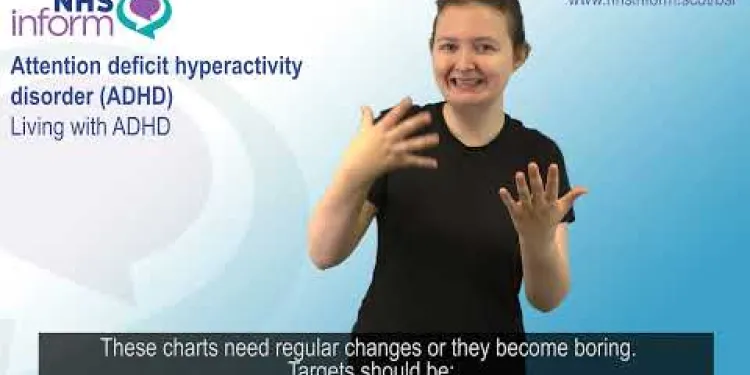
Attention deficit hyperactivity disorder (ADHD) - Living with ADHD
Relevance: 76%
-
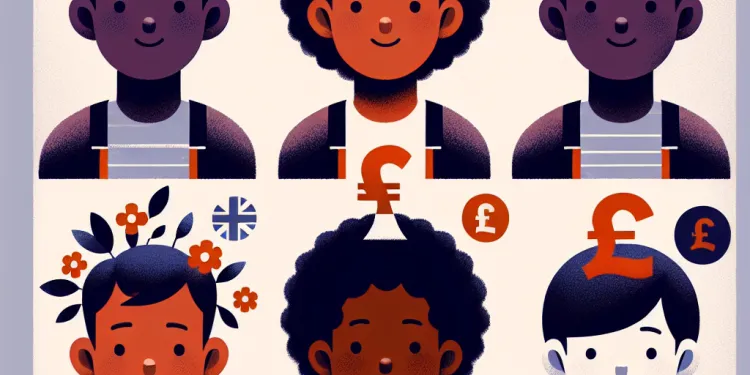
Is ADHD more common in boys or girls?
Relevance: 75%
-

What is ADHD?
Relevance: 75%
-

How can I get tested for ADHD?
Relevance: 75%
-

Can ADHD be inherited?
Relevance: 71%
-

What causes ADHD?
Relevance: 71%
-
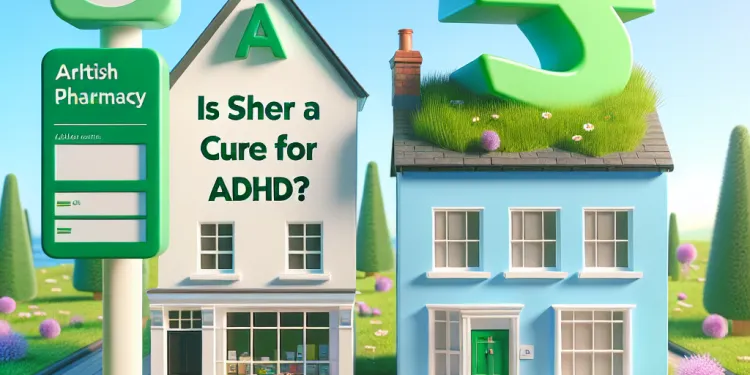
Is there a cure for ADHD?
Relevance: 70%
-

Are there different types of ADHD?
Relevance: 70%
-
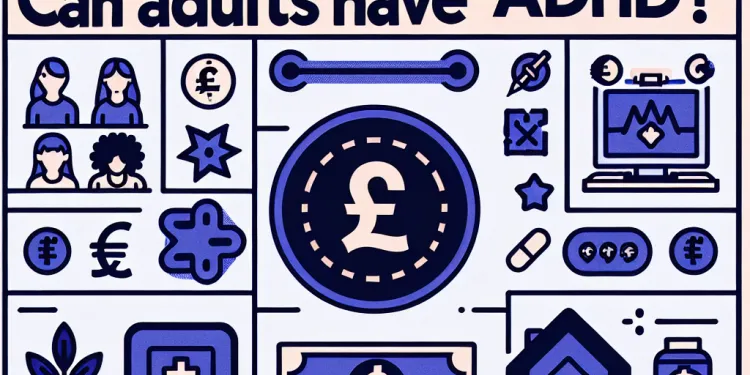
Can adults have ADHD?
Relevance: 70%
-

What are common treatments for ADHD?
Relevance: 69%
-
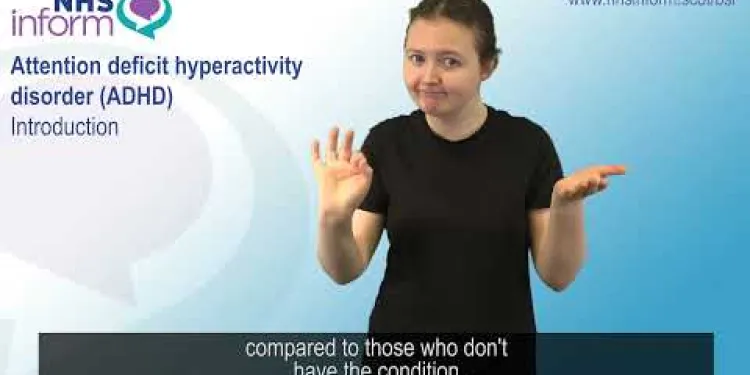
Attention deficit hyperactivity disorder (ADHD) - Introduction
Relevance: 68%
-
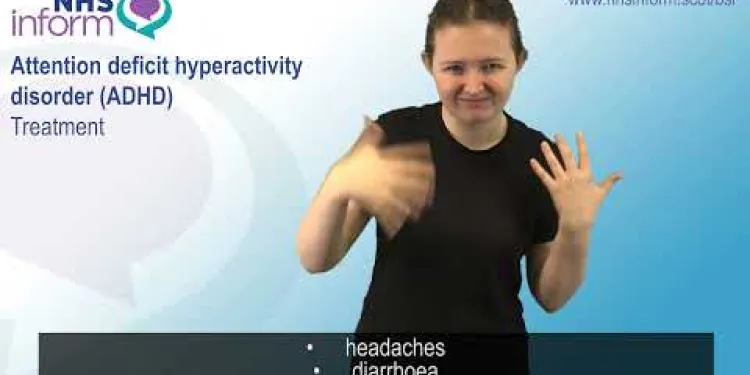
Attention deficit hyperactivity disorder (ADHD) - Treatment
Relevance: 66%
-

What are the main symptoms of ADHD?
Relevance: 65%
-

Can therapy help individuals with ADHD?
Relevance: 65%
-

Are there any risks associated with untreated ADHD?
Relevance: 62%
-
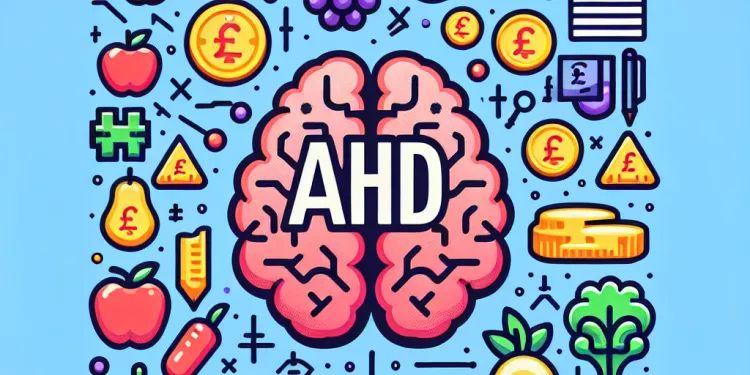
Can diet affect ADHD symptoms?
Relevance: 61%
-
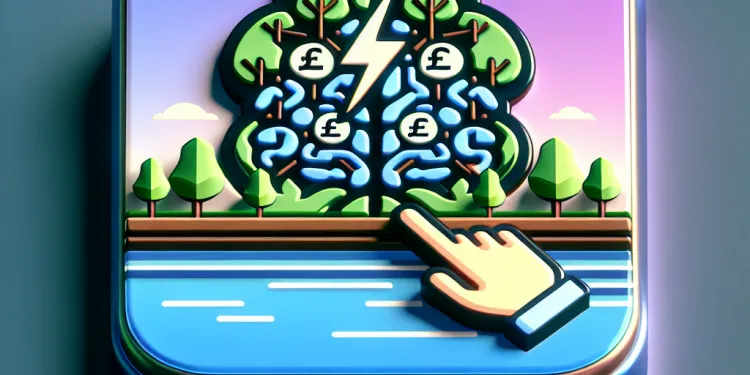
What role does the environment play in ADHD?
Relevance: 60%
-

Can lifestyle changes help manage ADHD?
Relevance: 60%
-

How does ADHD affect executive function?
Relevance: 60%
-
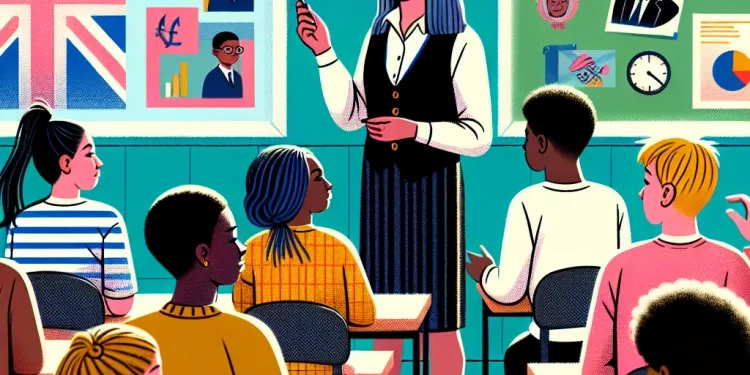
How can teachers support students with ADHD?
Relevance: 58%
-
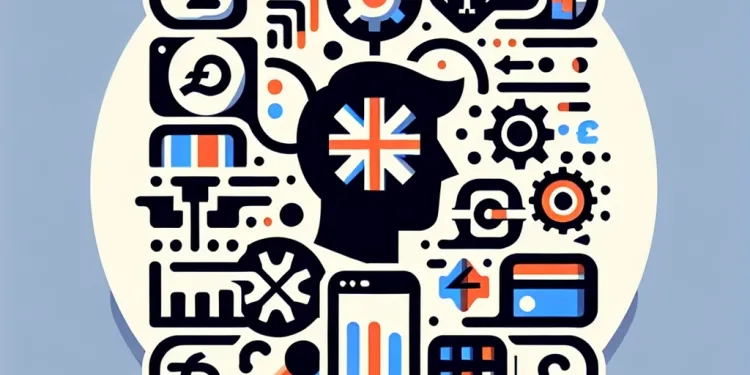
What is ADHD?
Relevance: 57%
-
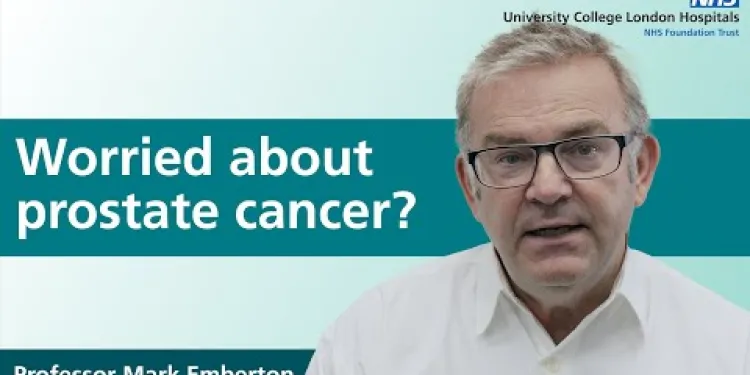
Prostate cancer diagnosis and tests
Relevance: 44%
-

Can ADHD affect academic performance?
Relevance: 44%
-
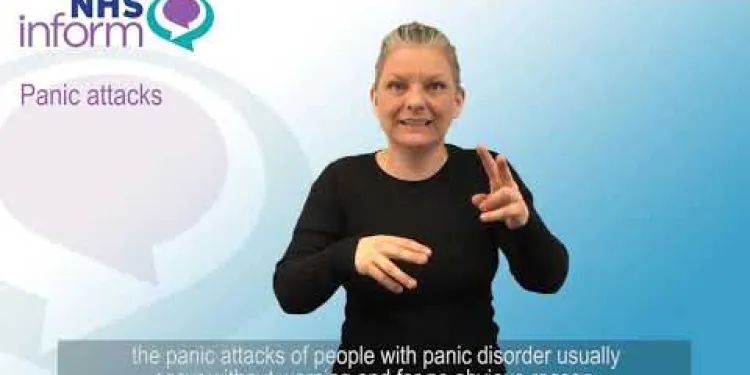
BSL - Diagnosis of panic disorder
Relevance: 44%
-
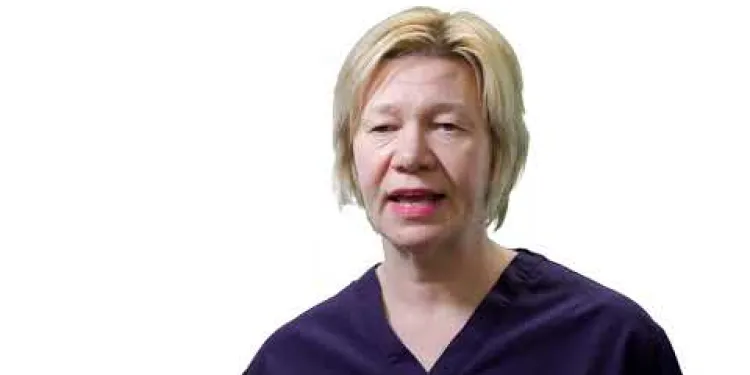
Head and Neck Cancer Diagnosis
Relevance: 44%
-
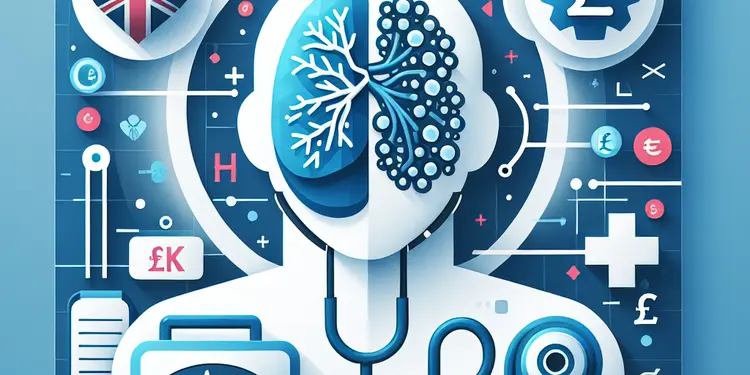
Are AI systems used alone in lung cancer diagnosis or alongside human radiologists?
Relevance: 42%
-
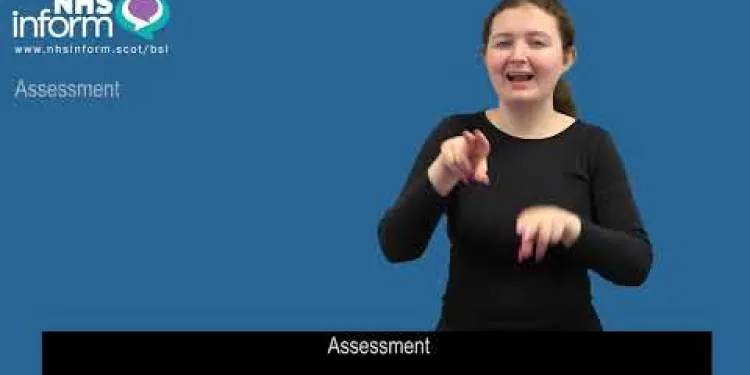
BSL - Diagnosis of obsessive compulsive disorder (OCD)
Relevance: 40%
-

What is the life expectancy after a motor neurone disease diagnosis?
Relevance: 35%
-

What are some common types of SEND?
Relevance: 24%
-
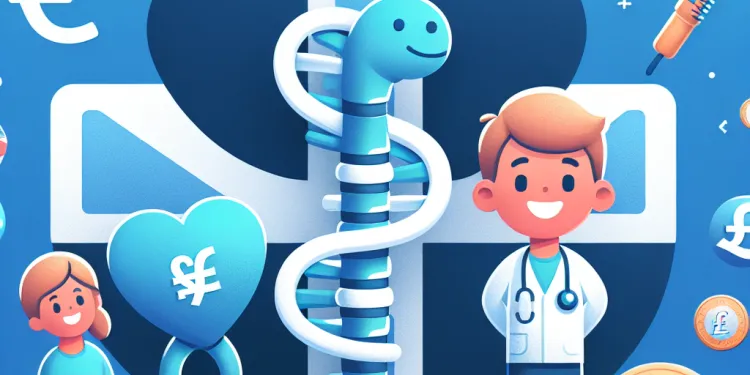
Can children benefit from chiropractic care?
Relevance: 21%
-
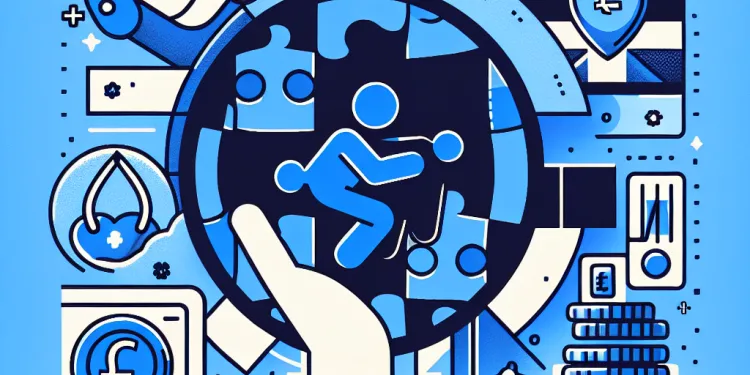
How is autism diagnosed?
Relevance: 21%
-

What is the autism spectrum?
Relevance: 19%
-
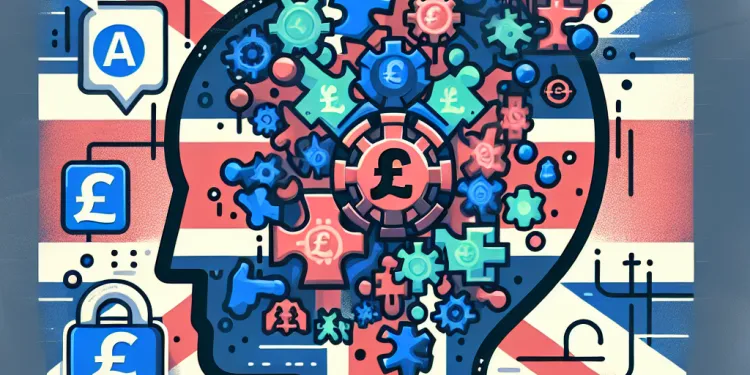
Can adults have autism?
Relevance: 18%
-
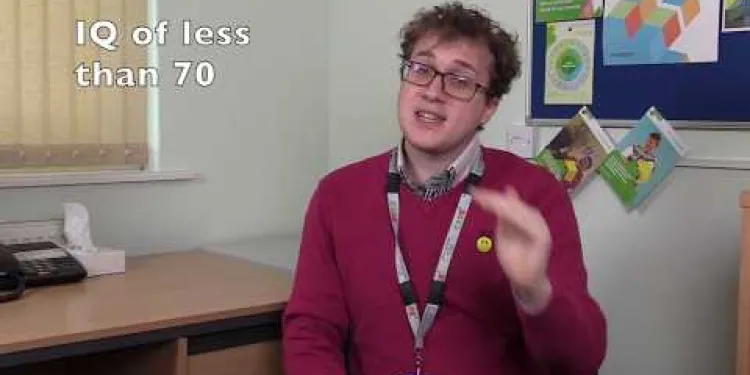
What is a learning disability?
Relevance: 17%
-
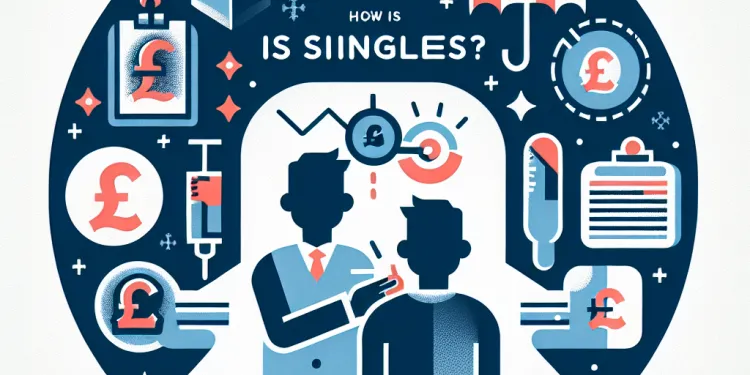
How is shingles diagnosed?
Relevance: 17%
-
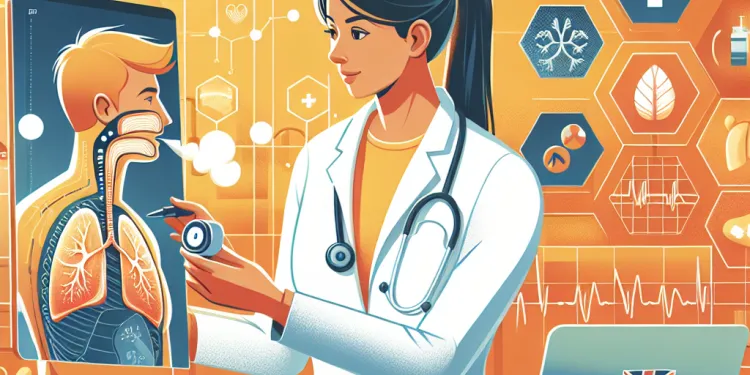
How is asthma diagnosed?
Relevance: 17%
-
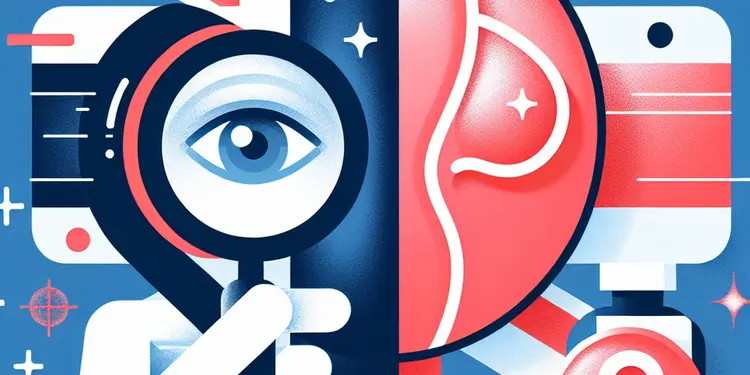
How is scabies diagnosed?
Relevance: 16%
-
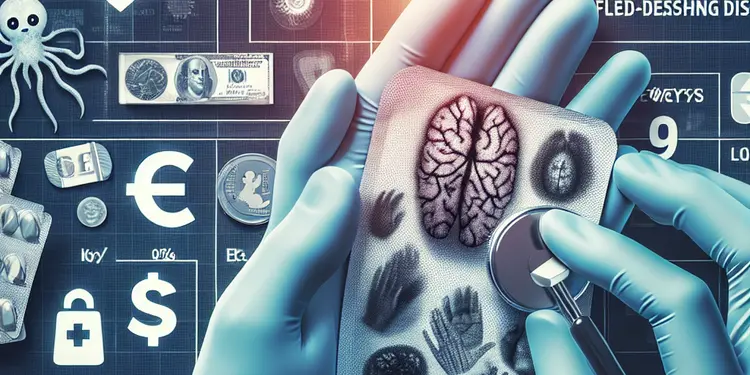
How is flesh-eating disease diagnosed?
Relevance: 16%
Introduction to ADHD Diagnosis
Attention Deficit Hyperactivity Disorder (ADHD) is a common neurodevelopmental disorder that affects both children and adults. Diagnosing ADHD involves a detailed assessment process, as there is no single test for the condition. In the UK, the diagnosis of ADHD typically follows the guidelines provided by the National Institute for Health and Care Excellence (NICE) and involves a comprehensive evaluation by trained healthcare professionals.
Initial Consultation and Referral
The diagnostic process often begins with a visit to a GP, where concerns about symptoms such as inattentiveness, hyperactivity, and impulsiveness are discussed. If ADHD is suspected, the GP might refer the individual to a specialist. This is usually a child and adolescent psychiatrist, paediatrician, or a psychologist if the patient is a child, or an adult psychiatrist for adult patients. The referral ensures that the diagnosis is handled by professionals with specific expertise in behavioural disorders.
Comprehensive Assessment
Once referred, the specialist will conduct a detailed assessment, which includes gathering information from various sources. This might involve questionnaires and rating scales completed by parents, teachers, or the individual themselves. The specialist will take a comprehensive health history and conduct interviews to understand symptoms' presence, frequency, and impact on daily life. Since ADHD symptoms can overlap with other disorders, the assessment will rule out other potential mental health issues.
Criteria and Evaluation
The criteria used in the UK for diagnosing ADHD are derived from the ICD-10 (International Classification of Diseases) or the DSM-5 (Diagnostic and Statistical Manual of Mental Disorders, Fifth Edition). These criteria require that symptoms must be present for at least six months and are inappropriate for the person's developmental level. Additionally, symptoms need to be evident in more than one setting, such as at home and school, and must cause significant impairment in social, academic, or occupational functioning.
Observation and Additional Testing
Sometimes, direct observation occurs in different settings, such as at school or during specific activities, to assess the individual’s behaviour in real-time. Psychological tests may also be administered to evaluate cognitive and emotional functioning and rule out other conditions. These tests help provide a more comprehensive picture of the individual's challenges and strengths.
Conclusion and Next Steps
Once a diagnosis is made, a tailored treatment plan is developed, which may include behavioural therapy, medication, educational support, or a combination of these approaches. Early diagnosis and intervention are crucial for managing ADHD effectively, enabling individuals to lead more productive and fulfilling lives. Throughout the process, collaboration between healthcare professionals, educators, and families is essential to ensure supportive environments and successful treatment outcomes.
Introduction to ADHD Diagnosis
ADHD stands for Attention Deficit Hyperactivity Disorder. It is a condition that affects how a person acts, making them very active or not able to focus. Both children and adults can have ADHD. To find out if someone has ADHD, doctors do a careful check because there is no simple test like a blood test to know for sure. Doctors in the UK follow special rules to help them check for ADHD correctly.
Initial Consultation and Referral
The first step to see if someone has ADHD is going to the doctor. People talk about how they feel, like if they find it hard to pay attention or stay still. If the doctor thinks it might be ADHD, they will send them to see a specialist. This might be a doctor who knows a lot about young people, like a child psychiatrist. For adults, it could be an adult psychiatrist. The specialist knows a lot about ADHD and can help find out for sure.
Comprehensive Assessment
When the specialist checks for ADHD, they talk to the person and people who know them well. They might ask parents or teachers questions to understand how often the symptoms happen. They also want to see if these symptoms make things hard at home or at school. The specialist also checks for other problems that might look like ADHD.
Criteria and Evaluation
Doctors use special lists of symptoms to decide if someone has ADHD. In the UK, they use big books like the ICD-10 or DSM-5. To say someone has ADHD, the symptoms must last at least six months and happen in more than one place, like at home and school. These symptoms also need to cause problems in life, like with school work or making friends.
Observation and Additional Testing
Sometimes, the specialist will watch how the person acts during activities or at school. They might give some tests to see how the person's brain is working. These checks help the specialist understand more about what the person finds hard or easy.
Conclusion and Next Steps
If a person has ADHD, the doctors make a plan to help them. This could be special classes, medicine, or talking to someone who can help, like a therapist. Finding out early helps people manage ADHD better. It is important for doctors, teachers, and families to work together to help the person with ADHD do well in life.
Frequently Asked Questions
What is ADHD?
ADHD stands for Attention-Deficit/Hyperactivity Disorder, a neurodevelopmental disorder characterized by inattention, hyperactivity, and impulsivity.
Who is qualified to diagnose ADHD?
ADHD can be diagnosed by a healthcare professional such as a psychiatrist, psychologist, pediatrician, or a neurologist with experience in mental health and childhood disorders.
At what age can ADHD be diagnosed?
ADHD can be diagnosed in children as young as 4 years old, but symptoms often become more recognizable once a child is in school. It can also be diagnosed in adolescents and adults.
What criteria are used to diagnose ADHD?
The diagnosis is based on criteria from the DSM-5, which requires that symptoms be present for at least six months and impact daily functioning in more than one setting, such as school and home.
What is the DSM-5?
The DSM-5 is the Diagnostic and Statistical Manual of Mental Disorders, Fifth Edition, which provides standardized criteria for the diagnosis of mental health disorders.
What types of assessments are used in diagnosing ADHD?
Diagnosis may involve clinical interviews, standardized behavior rating scales, and observations. Developmental, medical, and educational histories are also reviewed.
Are there any tests or scans that diagnose ADHD?
There are no specific lab tests or brain scans that can diagnose ADHD. Diagnosis is made through clinical evaluation by a qualified professional.
Can adults be diagnosed with ADHD?
Yes, adults can be diagnosed with ADHD. It may have been undiagnosed in childhood or symptoms may have changed over time.
What role do parents and teachers play in the diagnosis process for children?
Parents and teachers provide valuable information on the child's behavior in different settings, which is crucial for a comprehensive evaluation.
How long does the diagnostic process usually take?
The diagnostic process can vary but generally takes several weeks to a few months, depending on the comprehensiveness of the evaluation and availability of professionals.
Can ADHD coexist with other disorders?
Yes, ADHD often co-occurs with other disorders such as learning disabilities, anxiety, depression, and conduct disorder.
What symptoms are looked for in diagnosing ADHD?
Symptoms include persistent inattention, hyperactivity, and impulsivity that interfere with functioning or development.
Is family history considered in the diagnosis of ADHD?
Yes, family history can be a factor, as ADHD tends to run in families. Genetic factors may contribute to ADHD.
Are there different types of ADHD?
Yes, there are three types of ADHD: Inattentive Type, Hyperactive-Impulsive Type, and Combined Type.
Can a child outgrow ADHD?
ADHD can persist into adulthood, but some children may experience a decrease in symptoms as they mature.
What impact does ADHD have on academic performance?
ADHD can affect academic performance due to difficulties with concentration, following instructions, and completing tasks.
Can lifestyle changes help manage ADHD symptoms?
Yes, lifestyle changes such as regular exercise, healthy diet, adequate sleep, and structured routines can help manage symptoms.
Is medication necessary for an ADHD diagnosis?
Medication is not necessary for diagnosis, but it may be part of a comprehensive treatment plan for managing symptoms.
Can ADHD symptoms differ between males and females?
Yes, ADHD symptoms can manifest differently; males often display more hyperactivity while females may be more inattentive.
What should I do if I suspect my child has ADHD?
If you suspect your child has ADHD, consult with a healthcare professional experienced in diagnosing and treating ADHD for a comprehensive evaluation.
What is ADHD?
ADHD stands for Attention Deficit Hyperactivity Disorder. It is a condition that makes it hard for people to focus and sit still. People with ADHD might have lots of energy and can find it hard to pay attention.
Here are some ways to help someone with ADHD:
- Use reminders to stay on track.
- Break big tasks into smaller steps.
- Take breaks when working or playing.
- Use a planner to organize activities.
ADHD means Attention-Deficit/Hyperactivity Disorder. It is a brain difference that can make people feel very active, have trouble paying attention, and do things without thinking.
Who can say if someone has ADHD?
Doctors can find out if someone has ADHD. This can be done by special doctors like a psychiatrist, psychologist, children's doctor, or brain doctor who knows about how our brain works and kids' health.
How old can a child be to know if they have ADHD?
Doctors can check if a child has ADHD when they are young, usually around 4 years old. If you are worried, talk to your doctor. They can help.
Tools that might help include using pictures, making a checklist, or telling stories. These can make it easier to understand.
Doctors can tell if a child has ADHD when they are as young as 4 years old. But, most people notice signs of ADHD more when children start going to school. Teenagers and grown-ups can also be told they have ADHD.
How do doctors know if someone has ADHD?
The doctor looks at a list of signs from a big book called DSM-5. This book helps doctors know what to check for. To say someone has this problem, the signs must be there for six months or more. These signs should make it hard to do normal things at home and school.
What is the DSM-5?
The DSM-5 is a big book. It helps doctors understand different mental health problems. It tells them how to identify and talk about these problems.
Doctors use the DSM-5 to help people who may have trouble with their feelings, thoughts, or behaviors.
If you want to learn more about the DSM-5, you can ask a teacher or look at beginner-friendly websites.
The DSM-5 is a big book that doctors use to help them figure out mental health problems. It has the rules for what makes a disorder and how to spot them.
How do doctors check if someone has ADHD?
Doctors can use different tests to check if someone has ADHD. These tests can help them understand how you think, behave, and pay attention. Here are some common ways they might check:
- Talking: The doctor will talk to you and your parents or caregivers. They want to know how you feel and behave at home and school.
- Forms: You and your parents or teachers might fill out forms about your behavior. These forms have questions about how you act and pay attention.
- Health Check: The doctor might give you a check-up to see if there are any other health issues affecting you.
If you're finding this hard, ask someone you trust to help you understand. You can also try using pictures or audio tools to make things clearer.
Doctors use different ways to find out what is wrong. They might talk to you, ask you or your family to fill out forms, or watch how you behave. They also look at your health and school records.
If you need help understanding, you can try these ideas:
- Ask someone you trust to explain it to you.
- Use a ruler or your finger to help you follow the words.
- Take breaks if you get tired while reading.
Can doctors use tests or scans to find out if someone has ADHD?
Doctors can't use special tests or brain pictures to know if someone has ADHD. A trained doctor talks to the person and listens to them to find out if they have ADHD.
Can grown-ups find out if they have ADHD?
Yes, grown-ups can find out if they have ADHD. ADHD means it is hard to pay attention and sit still.
If you think you might have ADHD, it is good to talk to a doctor. They can help you know for sure.
To understand better, you can:
- Ask someone to read with you
- Use a screen reader on your computer or phone
Yes, grown-ups can find out they have ADHD. They might not have known when they were kids, or how it shows up might have changed as they got older.
How do parents and teachers help find out if a child has a learning problem?
Parents and teachers help by sharing important information. They talk about how the child acts in different places, like at home and at school. This helps everyone understand the child better.
How long does it take to find out what's wrong?
Finding out what is wrong can take time. It usually takes a few weeks, but sometimes it can take a few months. It depends on how many tests are needed and how fast you can see the doctor.
Can a person have ADHD and other problems too?
Yes, sometimes people with ADHD can have other problems at the same time. These problems could be emotional or behavior issues.
If you or someone you know has ADHD, it's important to talk to a doctor. They can help find the best way to manage everything and suggest tools or techniques to help, like:
- Using a planner to stay organized.
- Setting reminders for important tasks.
- Taking breaks to help focus better.
Yes, people with ADHD often have other challenges too. These can include having trouble learning, feeling anxious or sad, and behaving badly.
What signs do doctors look for to know if someone has ADHD?
Signs to look for are trouble paying attention, being very active, and acting without thinking. These can make it hard to do things well or grow and learn.
Do doctors check if ADHD runs in the family?
Yes, ADHD can run in families. That means if someone in your family has ADHD, you might have it too. This can be because of genes.
Are there different kinds of ADHD?
Yes, there are different kinds of ADHD.
ADHD means Attention Deficit Hyperactivity Disorder. It affects how people pay attention and sit still.
There are three main kinds:
- Inattentive Type: It's hard to pay attention. People might lose things or not listen.
- Hyperactive-Impulsive Type: People might move a lot, talk a lot, or do things without thinking.
- Combined Type: People have some symptoms from both inattentive and hyperactive-impulsive types.
To help, you can:
- Use a calendar or planner to remember things.
- Take breaks when studying or working.
- Ask a teacher or friend for help if needed.
Yes, there are three kinds of ADHD. They are:
1. The type where it is hard to pay attention (Inattentive Type).
2. The type where someone is very active and acts quickly without thinking (Hyperactive-Impulsive Type).
3. The type where there are both attention and activity problems (Combined Type).
Some helpful tools are using timers to stay on task and breaking work into smaller steps.
Will a child stop having ADHD when they grow up?
Some children with ADHD get better as they grow up. But not all children do.
Here are some things that can help:
- Talking to a doctor.
- Getting help from a teacher.
- Using tools like planners or lists.
- Doing exercises to focus better.
Everyone is different, so it's good to find what helps each child best.
ADHD can still be there when you grow up, but some kids might have fewer problems as they get older.
How does ADHD affect schoolwork?
ADHD can make it hard to pay attention or sit still in class.
This might make schoolwork harder.
Using tools like timers or checklists can help.
Taking short breaks can also be useful.
ADHD can make school hard. It can be tough to focus, listen to directions, and finish work.
Can changing habits help with ADHD?
Living with ADHD can be tough. But there are some things you can try that might help.
Here are some ideas:
- Get plenty of sleep. Try to go to bed at the same time each night.
- Eat healthy meals. Fruits and veggies are your friends.
- Exercise often. Move your body every day.
- Stay organized. Use lists or a planner to keep track of things.
- Take breaks. When working or studying, pause to relax.
Tools that can help:
- Use timers to manage time.
- Noise-canceling headphones can help you focus.
- Ask an adult or friend for help when needed.
Changing your habits can make a big difference!
Yes, you can feel better by changing some things in your life. You can:
- Exercise often
- Eat healthy foods
- Get enough sleep
- Stick to a daily routine
These changes can help you feel good.
Do you need medicine for ADHD?
If you have ADHD, you might not always need medicine. There are other ways to help, like:
- Talking to a therapist.
- Making a schedule to stay organized.
- Getting help at school or work.
A doctor can help you decide what's best. It's important to talk to them about how you feel. Always ask questions if you are unsure.
You do not need medicine to find out what is wrong. But medicine can help if it is part of a bigger plan to feel better.
Do boys and girls have different ADHD signs?
Yes, ADHD can look different in boys and girls. Boys might be more hyper and have lots of energy. Girls might have trouble paying attention and can be more dreamy.
If you need help, you can:
- Use a calendar to stay organized.
- Take breaks when focusing is hard.
- Try to set small goals.
What to Do If You Think Your Child Has ADHD
If you think your child might have ADHD, here are some steps you can take:
- Talk to your child's doctor. They can help you understand what ADHD is.
- Keep a note of your child's behavior. Write down what you notice.
- Ask your child's teacher if they see the same behavior at school.
- Find books or videos about ADHD. Learning more can help you.
- Join a support group for parents. Talking to other parents is helpful.
Remember, you are not alone. There are people who can help.
If you think your child might have ADHD, talk to a doctor who knows about ADHD. They can check and help your child.
Useful Links
This website offers general information and is not a substitute for professional advice.
Always seek guidance from qualified professionals.
If you have any medical concerns or need urgent help, contact a healthcare professional or emergency services immediately.
Some of this content was generated with AI assistance. We’ve done our best to keep it accurate, helpful, and human-friendly.
- Ergsy carfully checks the information in the videos we provide here.
- Videos shown by Youtube after a video has completed, have NOT been reviewed by ERGSY.
- To view, click the arrow in centre of video.
- Most of the videos you find here will have subtitles and/or closed captions available.
- You may need to turn these on, and choose your preferred language.
- Go to the video you'd like to watch.
- If closed captions (CC) are available, settings will be visible on the bottom right of the video player.
- To turn on Captions, click settings .
- To turn off Captions, click settings again.
More Items From Ergsy search
-

Attention deficit hyperactivity disorder (ADHD) - Diagnosis
Relevance: 100%
-

How is ADHD diagnosed?
Relevance: 81%
-

Attention deficit hyperactivity disorder (ADHD) - Living with ADHD
Relevance: 76%
-

Is ADHD more common in boys or girls?
Relevance: 75%
-

What is ADHD?
Relevance: 75%
-

How can I get tested for ADHD?
Relevance: 75%
-

Can ADHD be inherited?
Relevance: 71%
-

What causes ADHD?
Relevance: 71%
-

Is there a cure for ADHD?
Relevance: 70%
-

Are there different types of ADHD?
Relevance: 70%
-

Can adults have ADHD?
Relevance: 70%
-

What are common treatments for ADHD?
Relevance: 69%
-

Attention deficit hyperactivity disorder (ADHD) - Introduction
Relevance: 68%
-

Attention deficit hyperactivity disorder (ADHD) - Treatment
Relevance: 66%
-

What are the main symptoms of ADHD?
Relevance: 65%
-

Can therapy help individuals with ADHD?
Relevance: 65%
-

Are there any risks associated with untreated ADHD?
Relevance: 62%
-

Can diet affect ADHD symptoms?
Relevance: 61%
-

What role does the environment play in ADHD?
Relevance: 60%
-

Can lifestyle changes help manage ADHD?
Relevance: 60%
-

How does ADHD affect executive function?
Relevance: 60%
-

How can teachers support students with ADHD?
Relevance: 58%
-

What is ADHD?
Relevance: 57%
-

Prostate cancer diagnosis and tests
Relevance: 44%
-

Can ADHD affect academic performance?
Relevance: 44%
-

BSL - Diagnosis of panic disorder
Relevance: 44%
-

Head and Neck Cancer Diagnosis
Relevance: 44%
-

Are AI systems used alone in lung cancer diagnosis or alongside human radiologists?
Relevance: 42%
-

BSL - Diagnosis of obsessive compulsive disorder (OCD)
Relevance: 40%
-

What is the life expectancy after a motor neurone disease diagnosis?
Relevance: 35%
-

What are some common types of SEND?
Relevance: 24%
-

Can children benefit from chiropractic care?
Relevance: 21%
-

How is autism diagnosed?
Relevance: 21%
-

What is the autism spectrum?
Relevance: 19%
-

Can adults have autism?
Relevance: 18%
-

What is a learning disability?
Relevance: 17%
-

How is shingles diagnosed?
Relevance: 17%
-

How is asthma diagnosed?
Relevance: 17%
-

How is scabies diagnosed?
Relevance: 16%
-

How is flesh-eating disease diagnosed?
Relevance: 16%


